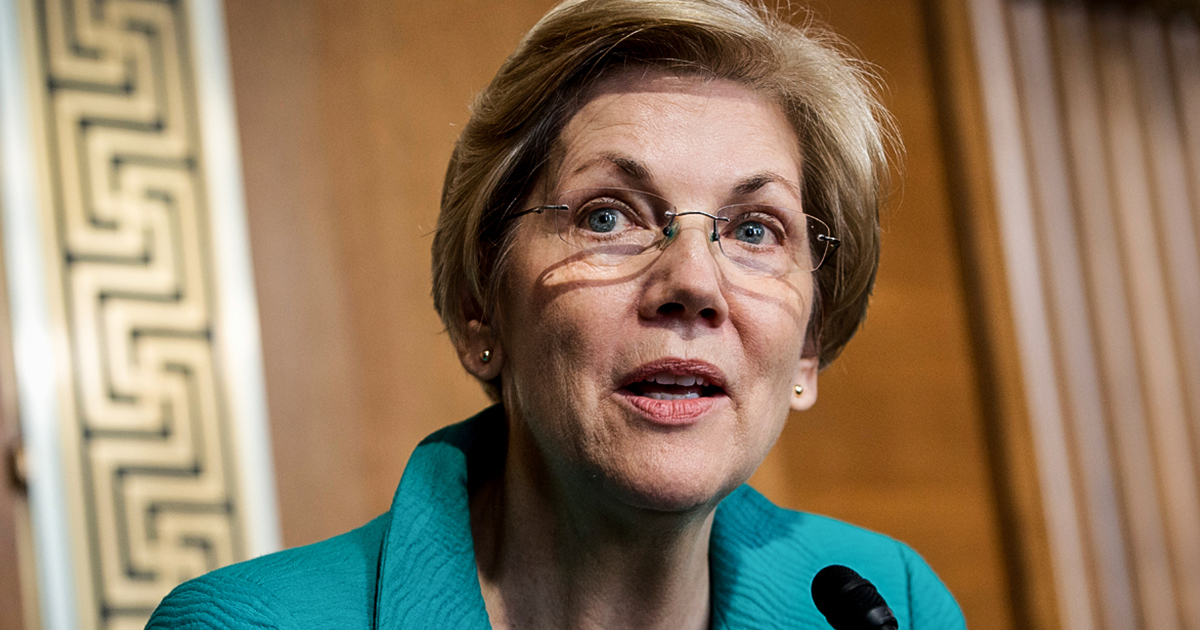Last October, actor Ben Affleck was a guest on HBO’s Real Time with Bill Maher and got into a heated debate with the show’s host over the nature and influence radical Islam.
On the episode, Maher said that radical Islam is “the only religion that acts like the mafia, that will fucking kill you if you say the wrong thing, draw the wrong picture or write the wrong book.”
Affleck called the way that Maher and fellow guest, author Sam Harris, were criticizing the religion as “gross and racist.”
“It’s like saying, ‘Oh, you shifty Jew!’” said Affleck, asserting that Maher’s statements were sweeping generalizations, accusing an entire group of people of agreeing with a few radicals.
About a month later, Muslim journalist Rula Jebreal was on Real Time, where she told Maher, “When you talk about Islam in a certain way, I have to tell you, it’s offensive sometimes, and some people feel threatened.” She also told Maher that she felt that to him, Muslims “are all jihadists,” and that he was “blaming the majority for the criminal act of a minority.”
After the shooting death of 12 people at the Charlie Hebdo offices in Paris, Michael Luciano of The Daily Banter editorializes that maybe Maher’s argument is somewhat valid.
“As much as some would like to pretend that religious extremism is more or less the same across all faiths, this is simply not the case,” wrote Luciano. “In the year 2015, Islam is at the root of the vast majority of the world’s religiously-motivated violence.”
In addition to the attack on Hebdo, Luciano cites several other instances of writers, artists, and filmmakers who received death threats or were killed over their works that were critical of Islam.
“In 2010, South Park creators Matt Parker and Trey Stone were the target of death threats over a forthcoming episode in which Muhammad was to be depicted,” Luciano said. “Later in 2010, Stockholm endured two explosions in part because the perpetrator objected to a Swedish cartoon of Muhammad with the body of a dog.”
He also cited the fatwa placed on Salman Rushdie in 1989 over his novel The Satanic Verses, the numerous Danish embassy attacks in 2006 over the publication of a series of cartoons implying Muhammad “inspires violence,” and the 2004 death of Theo van Gogh — the Dutch filmmaker who was shot and stabbed to death for his movie, Submission, which was critical of Islam. It was reported that van Gogh’s last words were, “Surely, we can talk about this.”
“Surely, we can’t,” wrote Luciano. “In Islam, insulting the prophet is a grave offense, and drawing him is considered idolatry. And while it’s tempting to view such extreme acts [and] beliefs as indicative of a genuine die-hard fervor, collectively they reek of a certain tenuousness.”
“Seventh century Arabian mortality might be good enough for ISIS or the mobs in Pakistan who pounce on and murder the latest unfortunate soul accused of blasphemy,” Luciano concluded, “but it has no business here or in any other civilized society.”
Watch the clips of Affleck and Jebreal on Real Time.

